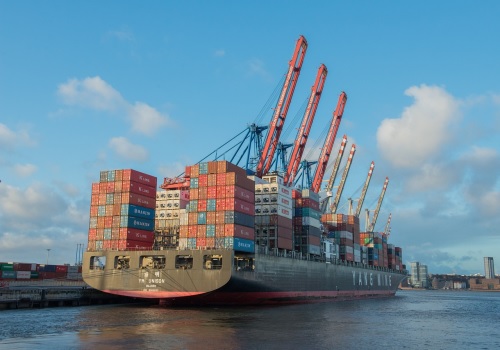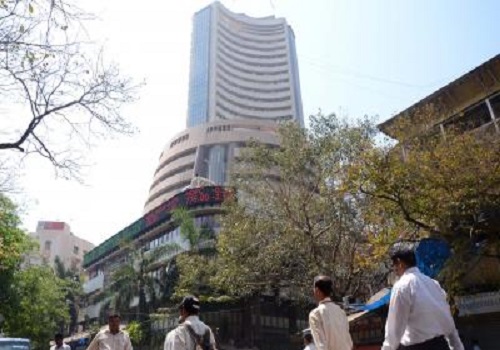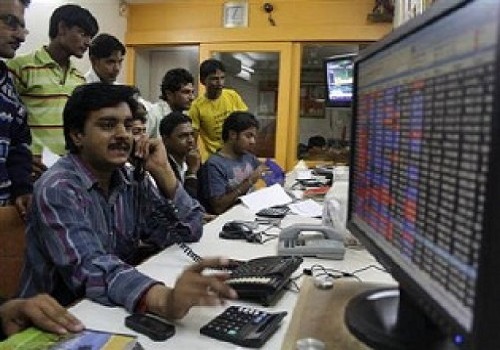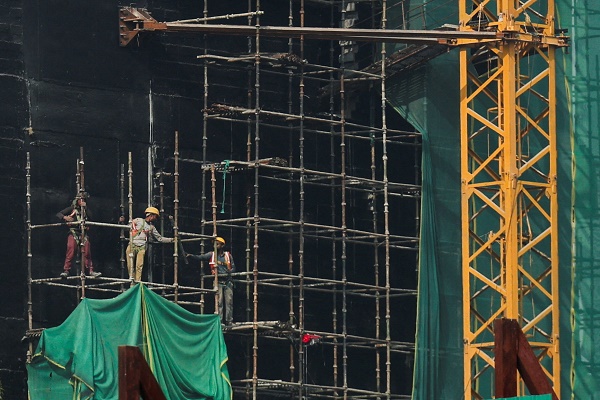Trade Consequences of the Israel-Hamas Conflict for India By Amit Gupta, Kedia Advisory

The world is closely watching the multi-front surprise attack on Israel by the militant group Hamas. The unprecedented offensive, which involved air, ground and naval strikes, turned southern Israel into a battlefield and sent shockwaves around the world. As the conflict escalates, it affects not only Israel and Palestine, but also countries such as India, which has strong trade relations with the region. In this article, we explore the trade implications of the Israel-Hamas conflict for India.
One of the direct consequences of the Israel-Hamas conflict is the rise in oil prices. Crude oil prices rose five percent on fears of increased conflict and disruption of oil supplies from the Middle East. This is a concern for India, which relies heavily on oil imports to meet its energy needs.
The closure of ports in Israel, particularly the ports of Ashdod and Haifa, has had a significant impact on maritime trade in the region due to security concerns. The port is vital for the movement of goods to Israel and abroad, and its closure has disrupted global supply chains. The results are very impressive and the price of goods is expected to increase in various sectors. The disruption of maritime trade was not limited to the Middle East; its influence is felt in regions as diverse as Asia, Europe and North America. Because global trade is interconnected, delays and disruptions in one corner of the world have a domino effect that is felt thousands of miles away.
Another important effect of the conflict was the increase in the price of gold. The price of gold has increased by more than two percent since the beginning of the Israel-Hamas conflict. In times of geopolitical turmoil, gold is often seen as a safe haven. If the conflict continues to escalate, experts predict that gold prices may rise further, affecting India's gold imports and the wider economy. The Indian rupee has been showing signs of weakness against the US dollar due to rising geopolitical tensions. If the Israel-Hamas conflict continues to escalate, the Indian rupee may depreciate. A weaker rupee could have several consequences for India's trade and economy, including higher import costs and possible inflationary pressures.
Indian exporters, especially those shipping goods to Israel, may face higher insurance premiums and freight costs due to the uncertainty surrounding the conflict. The unstable situation in the region raises concerns about the security of shipments and roadblocks. This increase in cost may affect the competitiveness of Indian exports in the global market. Although the direct impact of the conflict may not result in a significant drop in trade volume, the potential consequences if the war escalates are significant. Higher insurance premiums, shipping costs and currency devaluation could put pressure on the profitability of Indian businesses.
It is important to frame these trade results in the context of India's economic relationship with Israel. In the fiscal year 2022-23, India's exports of goods to Israel are $8.4 billion, while imports from Israel are $2.3 billion. As a result, significant trade in goods amounted to 6.1 billion dollars. While these numbers represent an important trade relationship, the impact of the Israel-Hamas conflict may not be significant unless it spills over into more important parts of Israel. For Indian exporters, the war could lead to higher insurance premiums and higher freight costs. India's Export Credit Guarantee Corporation (EKGC) may charge a higher risk premium to Indian firms exporting to Israel to compensate for the uncertainty associated with shipments to conflict zones.
In summary, the Israel-Hamas conflict crosses borders and affects countries like India. Disruptions in global trade, rising energy prices and appreciation of the Indian rupee pose challenges to India's trade and economic stability. While the immediate consequences may be disastrous, the situation remains fluid and further escalation of the conflict may exacerbate these challenges. Indian governments and businesses must closely monitor developments in the region and adapt to evolving trade conditions to mitigate potential risks and protect economic interests.
Above views are of the author and not of the website kindly read disclaimer
























